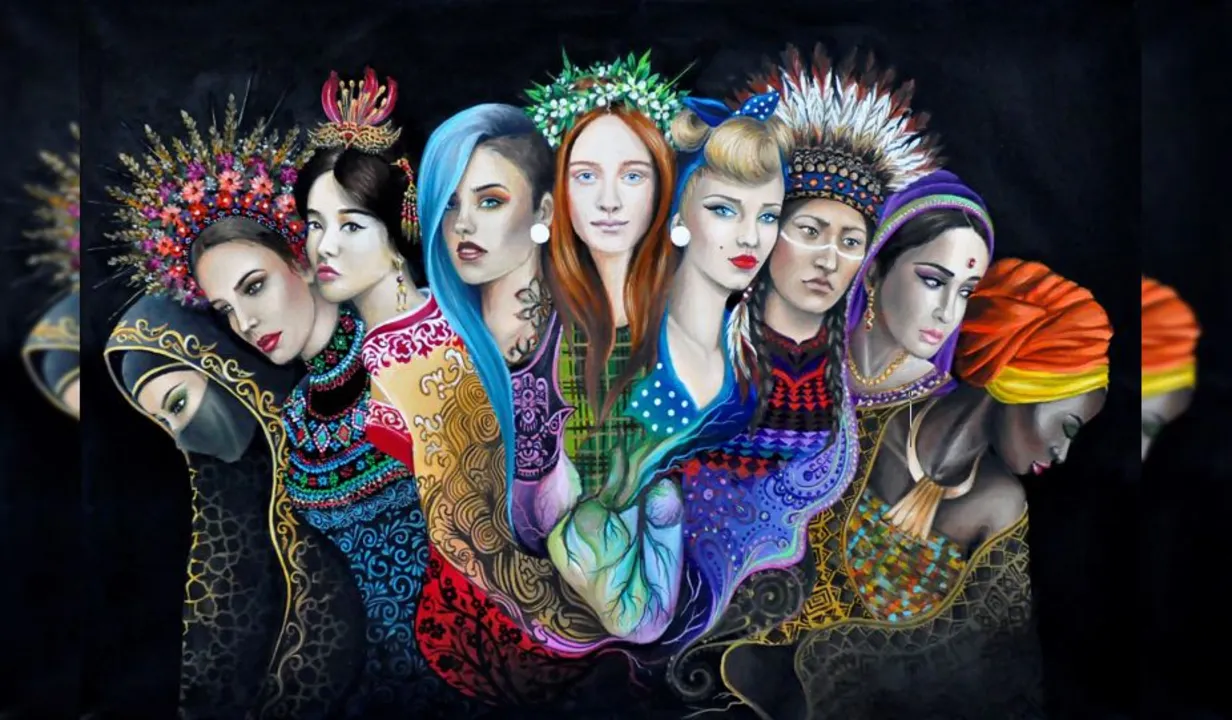The evolving perception of escort services in French society
Throughout the years, French society's view on escort services has shifted significantly. Once considered taboo and scandalous, it's now seen with a more open-minded perspective, with some considering it a legitimate profession. This evolution is due in part to France's rich cultural history, which has long valued individual freedom and personal choice. However, it's important to note that debate continues, with opinions divided on issues such as regulation and worker rights. Society's evolving perspective is a fascinating reflection of ongoing changes in French attitudes towards sex work.
The impact of the global pandemic on the escort industry in France
The global pandemic has significantly impacted the escort industry in France. As a result of lockdown measures and social distancing, many escorts have experienced a decline in clientele and income. Additionally, there has been an increase in online services, such as virtual dates and cam shows, as a way to adapt to the changing circumstances. Many escorts also face increased risks to their health and safety, as they may have limited access to healthcare and support systems. Overall, the pandemic has highlighted the vulnerability of those working in the escort industry and emphasized the need for improved rights and protections for these individuals.
The role of escorts in France's art and culture scene
As a blogger, I've been fascinated lately by the role that escorts play in France's art and culture scene. It's intriguing to see how these individuals contribute to the vibrant and sophisticated atmosphere that is synonymous with French culture. They often serve as muses for artists and provide inspiration for various forms of art. Additionally, escorts are known to attend cultural events and engage in intellectual conversations, enriching the overall experience. It's clear to me that escorts have a significant impact on the artistic and cultural landscape in France.
The role of escorts in France's LGBTQ+ community
In my latest blog post, I discussed the significant role that escorts play in France's LGBTQ+ community. These professionals provide companionship and support to individuals who may be struggling with loneliness or social stigma. Additionally, they help break down barriers and promote a more inclusive society by challenging stereotypes and advocating for acceptance. I also mentioned how escorts contribute to the overall well-being of the LGBTQ+ community, as they create safe spaces where individuals can openly express themselves. It's essential to acknowledge and appreciate the positive impact that escorts have within the LGBTQ+ community in France.
The rise of the escort industry in France: A historical perspective
The rise of the escort industry in France has always fascinated me, particularly from a historical perspective. It seems that this profession has deep roots in French culture, dating back to the famous courtesans of the 19th century. Over the years, the industry has evolved and adapted to societal changes, legal frameworks, and even technological advancements. In recent years, the escort industry has gained more visibility and prominence, thanks to the internet and various media representations. As a blogger, I plan to delve deeper into this fascinating topic, exploring the nuances and complexities of this often misunderstood profession.
The impact of French politics on the escort industry
As a blogger, I've been closely following the impact of French politics on the escort industry. One major development has been the implementation of the "Swedish model" in 2016, which criminalizes purchasing sex while protecting those who sell it. This approach, though aiming to deter human trafficking and exploitation, has led to increased vulnerability for escorts who often face violence and limited access to healthcare. Moreover, the stigma surrounding the industry remains deeply ingrained, making it difficult for escorts to seek help or legal protection. Overall, French politics have made a significant impact on the escort industry, and the debate on the best approach to ensure the well-being of those involved continues.






